1. Introduction
London Institute of Business & Technology understands that actual and perceived conflicts of interest can occur from time to time and that such circumstances have the potential to negatively affect the performance and integrity of our institute and individuals associated with it, and possibly undermine confidence in our qualifications.
Therefore, we shall seek to address actual and perceived conflicts of interest. This document sets out where conflicts of interest may occur and explains how we shall identify, monitor and manage such circumstances to promote free discussion and objective decision-making and protect both the institute and the individuals involved from any possible appearance of impropriety.
The Conflicts of Interest Policy provides for a three-fold approach:
Definition of the Conflicts of Interest
A conflict of interest exists in relation to the institute where:
The management shall identify and monitor:
We shall take all reasonable steps to ensure that no conflict of interest has an Adverse Effect. And where such a conflict of interest has had an Adverse Effect, then we shall take all reasonable steps to mitigate the Adverse Effect as far as possible and correct it.
We shall take all reasonable steps to avoid any part of the assessment of a Learner (including by way of Moderation) being undertaken by any person who has a personal interest in the result of the assessment.
When having taken all such reasonable steps, an assessment by such a person cannot be avoided, we shall make arrangements for the relevant part of the assessment to be subject to scrutiny by another person.
Definition of Adverse Effects
An act, omission, event, incident, or circumstance has an Adverse Effect if it:
If the management identifies that any conflicts of interest may have, or have had an Adverse Effect we shall manage the potential incidents to mitigate the Adverse Effect as far as possible, correct it and take action to prevent re-occurrence.
The findings will be reported to and added to the agenda for the Board of Directors.
2. Declaration of Interests
All current and newly appointed employees including part-time and external consultants shall declare any potential conflicts of interest by submitting a Declaration of Interest on the appropriate Returns Register:
Declarations of interest shall be made prior to any appointment and reviewed annually or in the event of any changes to the personal circumstances of the individuals or when any such changes are anticipated. Declarations of interest may result in a decision to not appoint or to terminate an appointment if there is a risk of an Adverse Effect which cannot be avoided.
The information provided shall be processed in accordance with the current General Data Protection Regulation (GDPR) Law. Data will be processed only to ensure that individuals act in the best interests of the institute. The information provided will not be used for any other purpose.
In addition, all members of the management will be required to declare any conflicts of interest in agenda items at the start of meetings and abstain from the decision-making process.
Staff involved in the assessment, including the assessors and facilitators, moderators/verifiers and quality review personnel, will be required to declare personal interests in the results of the assessment, and promptly report the conflict of interest to us.
This may include, for example, assessing a family member or friend or where remuneration is directly related to the outcome of the assessment. The institute shall take all reasonable steps to remove the individuals from the assessment and verification process but in any case, the assessment decisions must be verified by an individual who has no personal interest to ensure that objective judgements are made and be seen to be made.
2.1 Evaluating Disclosures
A Committee will be appointed to evaluate disclosures and shall follow a standard framework for determining the permissibility of activities and for assessing the degree to which disclosed activities may pose risk.
When presented with the facts of a given situation, the Committee must first determine if there is legitimate cause for concern related to the inappropriateness of behaviour or evidence of bias by the professional activities of an individual or third party. The list of questions in Appendix 1 is suggested for this initial determination.
If it appears that there is genuine cause for concern, the Committee must ascertain whether appropriate controls are in place to deal with possible conflicts. Questions the Committee should ask, as relevant, are listed in Appendix 1 of this document.
3. Business Activities
The management shall also assess the potential for actual or perceived conflicts of interest to occur as a result of changes or planned changes to our business activities whether or not those activities are to be undertaken by ourselves or on our behalf. We shall consider any measures that would need to be taken to prevent Adverse Effects and the feasibility of implementing those measures.
Last updated on May 23, 2023 by LIBT Policy Committee
Approved by: Sesiri Pathirane – Board of Directors
Company Name: London Institute of Business & Technology Limited
Company Address: Hillary House, Prospect Hill, Douglas, IM1 1EQ, Isle of Man, British Isles.
Date for the subsequent policy review: May 22, 2024
Reach out to us with your inquiries, feedback, or collaboration ideas. We'd love to hear from you!









Payment Terms
Pay in Full: £3,200